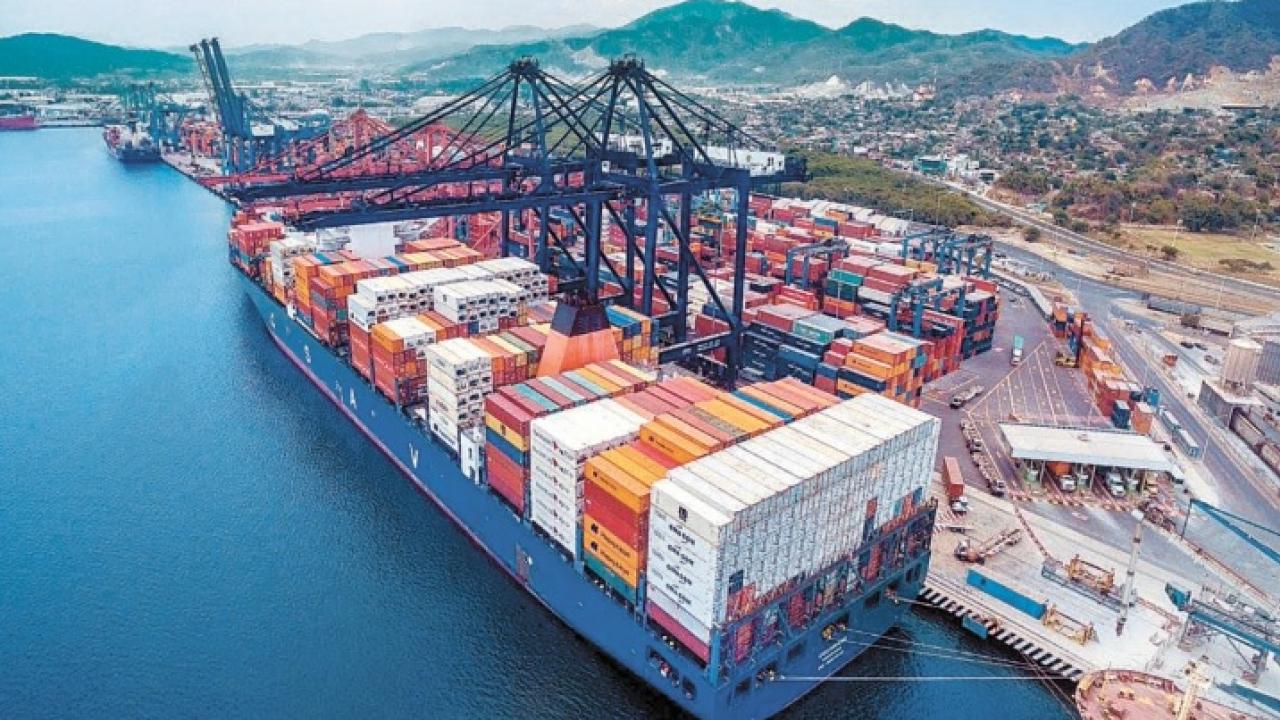
The congestion that occurred on August 2 took two days to normalize its operation, affecting supply chains, as well as the increase in product prices and rescheduling appointments. One of the challenges is the digital divide in customs systems with respect to the United States.
The congestion that occurred in the Port of Manzanillo on August 2 took two days to normalize its operation.
This affected the supply chains that incurred expenses for stays, distribution, storage, transportation, security, storage saturation, increased prices of products and services, commented Héctor Romero, spokesperson for Top Flotillas and Logex.
The delay due to a failure in the system for entering Customs at the Port of Manzanillo, "caused an increase in late appointments, causing transporters to be stranded for more than 30 hours without being able to enter to load or deliver exports."
“The port took approximately two days to normalize its operation. The different warehouses opened for transport entry regardless of expired appointments, which were not charged when rescheduling. Unfortunately, this bottleneck (there is talk of a line of vehicles for dozens of kilometers) resulted in the death of a foreign operator due to lack of medical attention,” the spokesperson stressed.
A delay of this magnitude in one of the most important ports in the country, where goods and raw materials enter and leave, is no small thing in international and national markets, he warned.
The importance of the seaport of Manzanillo, Colima, can be seen in the number of operations it carries out to import and export. In October 2023, it carried out 81,480 import operations, with a value of 101,817 million 444,984 pesos; while there were 11,805 export operations, with an operation value of 21,934 million 926,260 pesos, according to Customs data from the federal government.
On the other hand, the main concern for the transportation of goods to the United States, said Héctor Romero, "is that there is a digital divide between both (countries), so their systems are not connected, especially in customs matters."
He highlighted that there are good communication processes, however, the same does not happen on the subject of data, “each one is building different data platforms so there has to be standardization where countries can communicate to carry out these processes more efficient".
They are also concerned about direct competition with American carriers , since the T-MEC allows the United States government to reject permits to Mexican transport companies if they consider that they are “hoarding.”
Regarding the road infrastructure, together with the insecurity at the main border points: Nuevo Laredo and Tijuana, transport companies are exposed to delays and losses, adding to this the lack of knowledge of the armed forces in the Customs Administration , which impacts costs and expenses for supply chains, he mentioned.
Citing data from the United States Department of Commerce, in 2023 Mexico made exports worth US$475,606 million, while imports totaled US$323,227 million.









